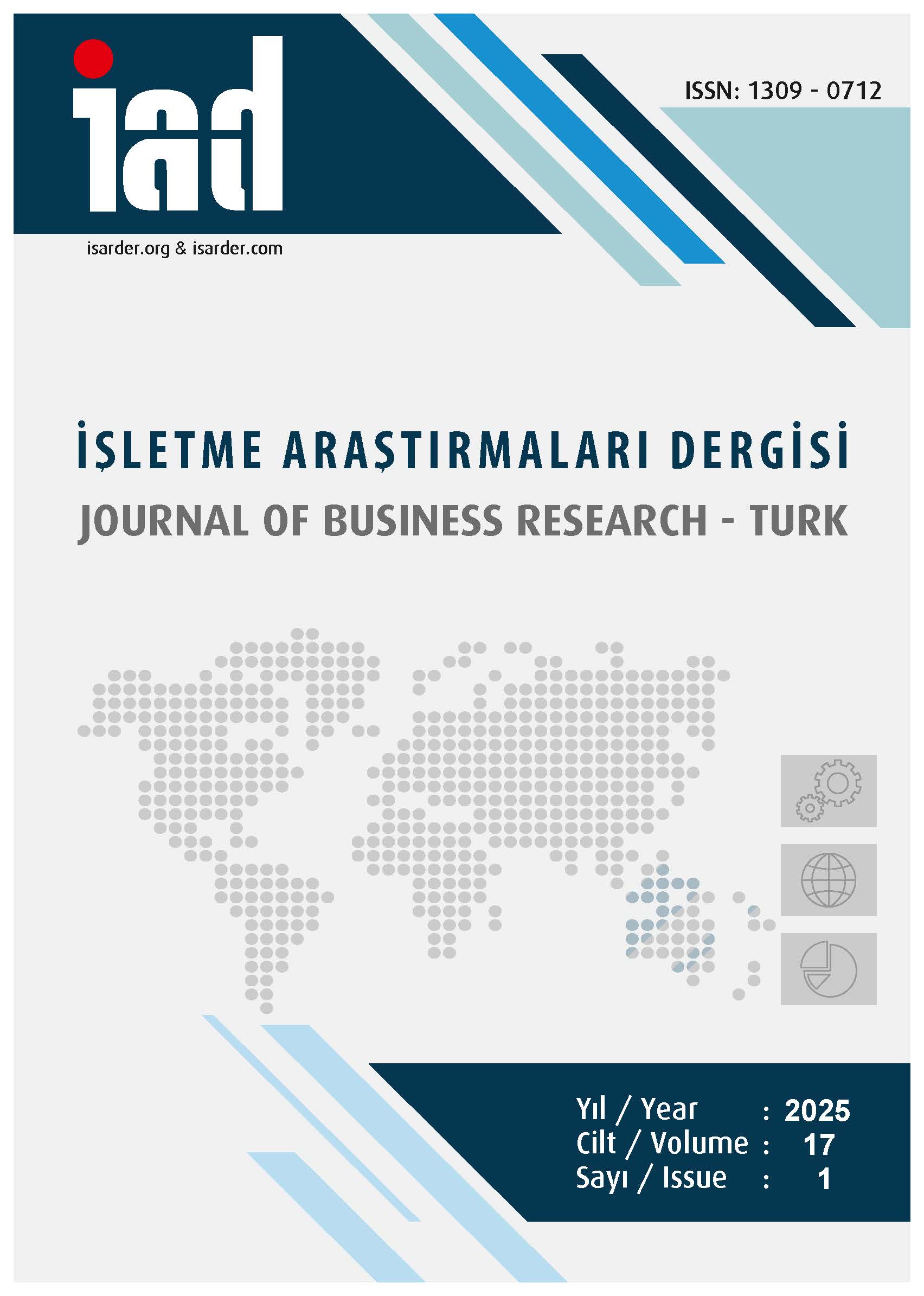The Importance of Non-Monetary Benefits for Employers and Employees
DOI:
https://doi.org/10.20491/isarder.2025.1958Keywords:
Non-salary benefits, Employee motivationAbstract
Purpose- The primary aim of this study is to comprehensively examine the growing importance of non-salary benefits in the business world and their impact on employer-employee relationships. Nowadays, employers offer various fringe benefits to attract and retain talented employees. These benefits contribute to employers' competitive advantage by increasing employee job satisfaction and commitment. Design/methodology/approach- The research is based on a comprehensive survey conducted with the participation of 383 individuals randomly selected from various industrial sectors in Istanbul. The survey data were analyzed using SPSS statistical software. The hypotheses of the study were determined to examine the effects of non-salary benefits on employees' job satisfaction and organizational commitment levels. The hypotheses test the impact of benefits such as flexible working hours, health insurance, and educational opportunities on job satisfaction and commitment. Findings- The analysis results show that non-salary benefits such as flexible working hours, health insurance, and educational opportunities significantly improve employees' job satisfaction and organizational commitment levels. Particularly, flexible working hours and health insurance were found to increase employee motivation and commitment. Additionally, educational opportunities were observed to help employees develop themselves and advance in their careers. These benefits provide a significant competitive advantage for employers. Fringe benefits significantly enhance the capacity to attract and retain talented individuals. Discussion- The findings of the study emphasize that non-salary benefits are not a luxury in the modern business world but indispensable elements that strengthen employer-employee relationships and contribute to the overall success of the organization. The strategic management of these benefits is crucial for supporting the long-term success of businesses. Moreover, effectively managing fringe benefits helps employers gain a competitive edge by enhancing their capacity to attract and retain talented employees. In this context, the study draws attention to the strategic importance of nonsalary benefits and offers valuable insights and recommendations for the business world
Downloads
Published
How to Cite
Issue
Section
License

This work is licensed under a Creative Commons Attribution-NoDerivatives 4.0 International License.





